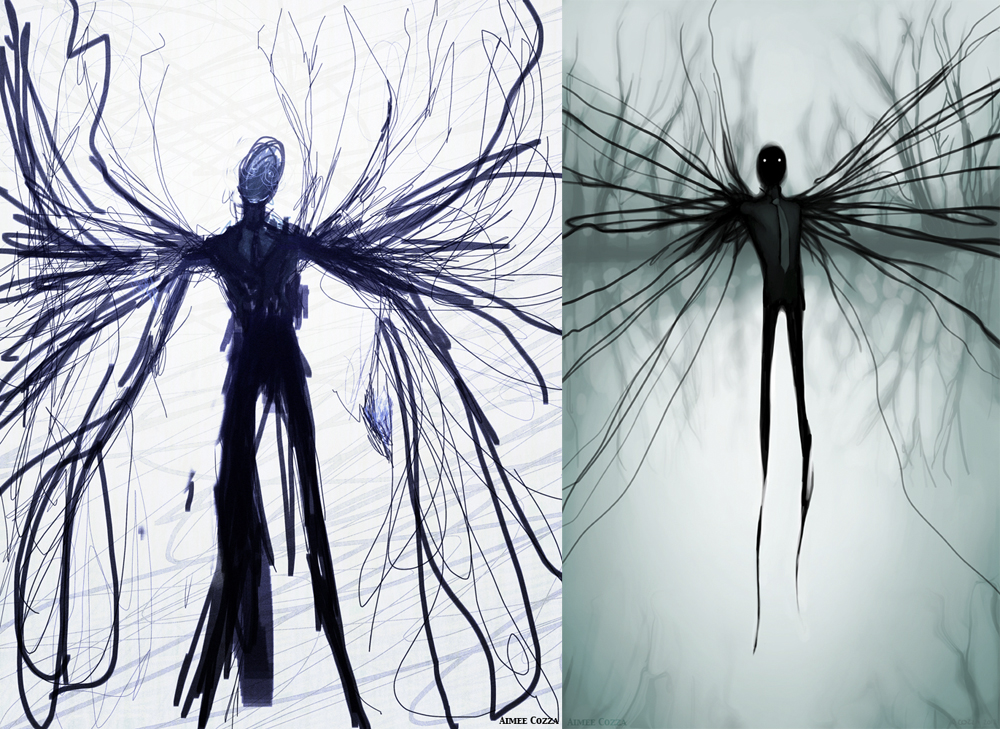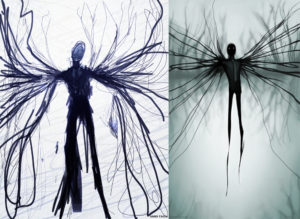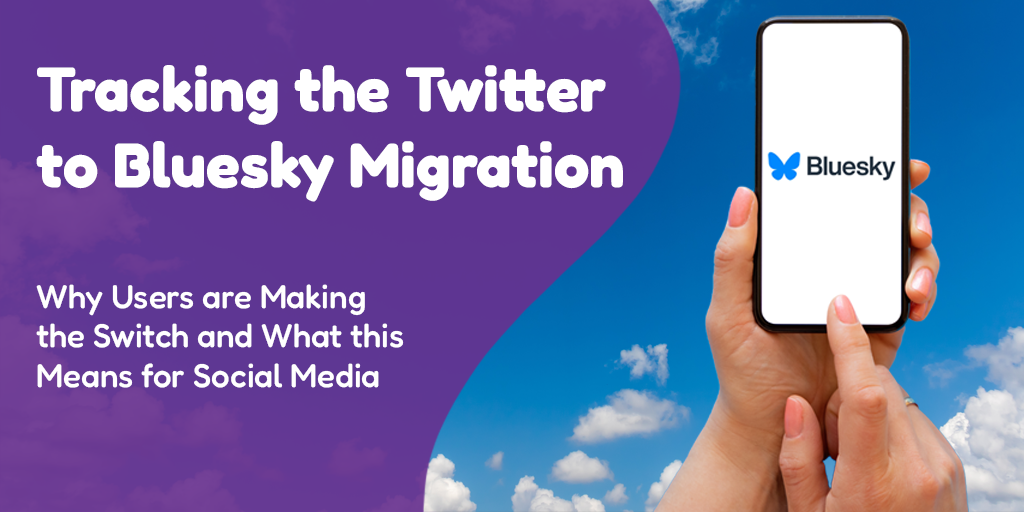 Posted by Aimee Cozza on April 16th, 2018
Posted by Aimee Cozza on April 16th, 2018We’ve written about image attribution before, but how deep does problems with image theft really go? I’m here to tell you, from an artist, to please stop using my work.
Those of you who know me also know I am a freelance digital illustrator. What this means is that I create illustrative works digitally, which means that my artwork exists mostly in the digital realm. Because of this, posting it on the internet is very important for me to generate traffic and showcase my artwork. Here’s the problem:
Just because it’s on the internet, doesn’t mean you can use it
Everyone is different when it comes to artists. I don’t mind people reposting my artwork as long as they give credit (even better if they backlink). The problem comes when people try to make money off of my artwork. I’ve had people approach me and ask to use my artwork for things that will make them money, and then when I ask how they could spread some of that wealth to me, they act like they’re doing me some sort of favor – like the exposure alone is going to pay my bills. Usually I say no to these people because you know what? I know better by now. The worst, though, is when people use your artwork to promote something else without asking.
I created a couple of pieces of artwork for the internet phenomenon Slender Man, and upon looking, my art has been used (without credit) to promote phone apps and games that I am not involved in. Usually I can resolve this by sending out a DMCA notice to the webmaster and/or domain registrar, and I usually do. But it shouldn’t get to that, honestly.

http://www.the9mmberetta.com/slender-man-two-images-no-one-knows-made/
As an artist, I’d like to ask you to please, stop using my artwork to promote whatever you think it’s relevant to.
Maybe you pulled it off of Google Image Search. It’s a cool piece of artwork that you want to share. At the very least, you should be using reverse image search to look up who made the piece. At the least you should be crediting the artist that made it. Don’t just put “credit to the artist”. That doesn’t help the artist at all. It doesn’t drive traffic to their website or help with name recognition. Most artists, in my experience, will be happy with credit, but honestly? Ask.
Ask to use it
It’s not hard. Most artists put their stuff online and finding who made it is not difficult in this day and age using TinEye or reverse image search on Google. Send out feelers… “Can I use this? I will credit and link you.” It takes two seconds to do and most artists will say yes. Personally, I go a step further when I say yes, ask to see what was made, and then usually backlink/comment/favorite it too. You help me, I help you!
Respect if an artist says no
If an artist says you can’t use or share their work, don’t get upset. You don’t know the reasons that this artist might have for not wanting you to share the work. Maybe they don’t think it’s indicative of their style anymore and they don’t want anyone to see it and think they can make more like it. Maybe they don’t like the work anymore. Maybe they made it special for someone else and would rather not have you sharing it. Respect that the artist said no and don’t share it. The end. Move on.
What does copyright say?
When an artist creates a work, it is automatically copyrighted to them. The image, that is. If it contains copyrighted characters, names, logos, etc, it can get a bit more complicated, but overall a piece of artwork belongs solely to the artist. Therefor, they are well within their legal rights to ask you to remove a work you posted without permission, petition social media (or a hosting provider or domain provider) to remove the work, or even take you to court to have the work removed. It sounds scary because it could be! If you’re sent a takedown request, take the work down. And don’t reupload it. Because I will find out.
What can I share?
If you’re looking through Google Image Search for things to share, keep in mind a few things that are generally safe to share:
- Memes (although you may want to say you didn’t make the meme)
- Public domain images
- Creative commons images (with appropriate attribution, if required to do so)
- Logos (these are copyrighted material but 99% of brands will be fine with you using their logo to promote their products)
- Your own work and photographs
What do you think? Are you an artist who has had your work shared without attribution? Leave a comment below!




